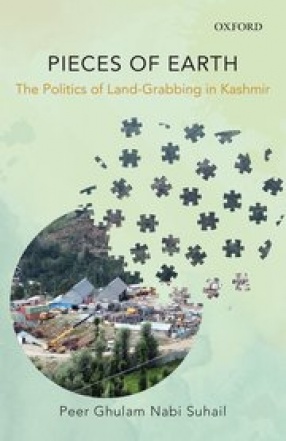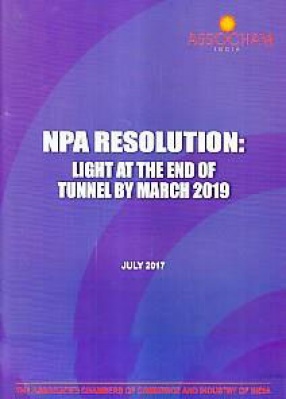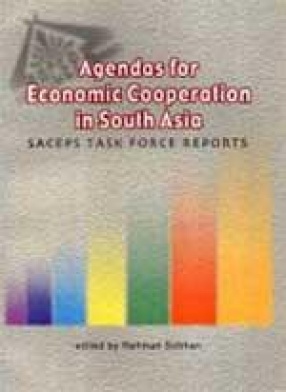Resource exploitation in the form of land-grabbing has become a major debate worldwide. Based on extensive field research conducted at the India-Pakistan border, using Kishanganga Hydroelectric Project as a case study, this book on corporate land-grabbing in Kashmir explains how capital is at play in a conflict zone. The author explains how different actors-village elites, government officers, politicians, civil society coalitions, peasants, and the states of India and Pakistan-mobilize support to legitimize their respective claims. It captures how the tensions between developmentalism, environmentalism, and national interest on one hand, and universal rights, national sovereignty, subnational identity, and resistance on the other-facilitate and challenge these corporate resource-grabs simultaneously. The author argues that the patterns and scale of land- and resource-grabbing has led to depeasantization, dispossession, displacement, loss of livelihoods, forced commoditization of the local peasantry, and damages to the local ecology at large. The book thus combines the literature in violence and development and dispossession studies by addressing the socio-political conflict in land- and resource-grabbing in conflict zones.
Pieces of Earth: The Politics of Land-Grabbing in Kashmir
In stock
Free & Quick Delivery Worldwide
reviews
Bibliographic information
Title
Pieces of Earth: The Politics of Land-Grabbing in Kashmir
Author
Edition
1st. ed.
Publisher
Oxford University Press, 2017
ISBN
9780199477616
Length
212p., Tables; Figs; Maps.
Subjects





There are no reviews yet.